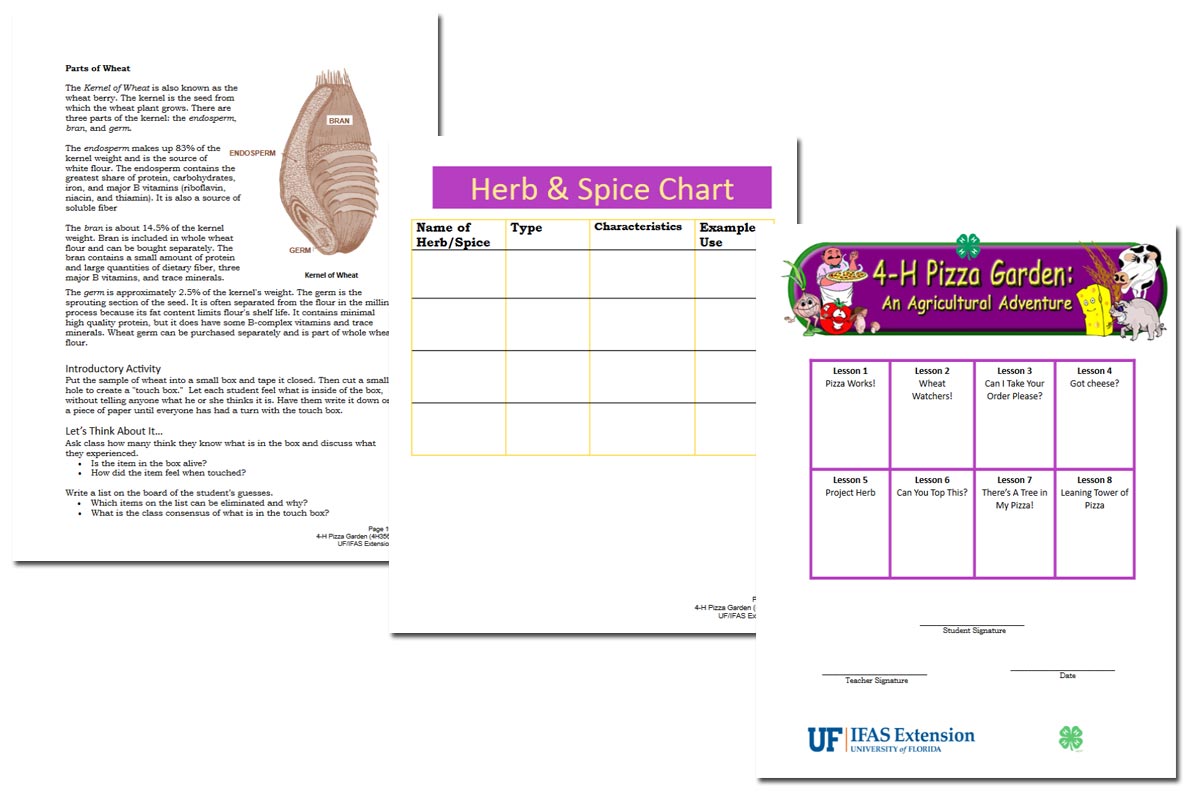
Have a young one interested in marine biology? Enjoy Glimpses of Ocean Life by John Harper as a free download.
Subtitled Rock-Pools and the Lessons They Teach, this illustrated freebie takes a look at:
- Marine zoology.
- Microscopic sea creatures.
- Sea anemones.
- Crabs.
- Hermit crabs.
- Crustaceans that cast their shells.
- Shrimp.
- Barnacles.
- Mussels.
- Jellyfish.
- Starfish.
- Sea urchins.
- A variety of fish.
- And much, much more!
You’ll also find information and instructions on building an aquarium and a glossary of scientific terms.
John Harper was a member of the Royal Scottish Society of Arts, a learned society dedicated to science and technology. His purpose in writing this book was to make marine zoology a more accepted field of study, which in his day was not the case.
He also attempts to make marine zoology accessible:
There is one light in which the study of marine zoology may be regarded, without necessarily offending the susceptibilities of the learned, or exciting the sneers of the ignorant. The subject may be pursued as an amusement—a pastime, if you will; and it is in no higher character than that of a holiday caterer, that the author asks the reader’s company to the sea-side. No lessons but the simplest are attempted to be conveyed in this little volume, and these in as quiet and homely a style as possible.
Even in the light of an amusement, the author has something to say in behalf of his favourite study. He believes it to be as interesting, and fully as instructive as many infinitely more popular. For example: The sportsman may love to hear the whirr of the startled pheasant, as it springs from the meadow, and seeks safety in an adjoining thicket. I am as much pleased with the rustling of a simple crab, that runs for shelter, at my approach, into a rocky crevice, or beneath a boulder, shaggy with corallines and sea-weed. He, too, while walking down some rural lane, may love to see a blackbird hastily woo the privacy of a hawthorn bush, or a frightened hare limp across his path, and strive to hide among the poppies in the corn-field; I am equally gratified with the sight of a simple razor-fish sinking into the sand, or with the flash of a silver-bodied fish darting across a rock-pool.
And the author does obviously love his subject! You’ll find him “waxing poetic” (in a good way) as he sprinkles his conversational tone with quotations and fragments of poetry. A living book, indeed.
Free eBook
Suggestions
- There are 25 chapters. By covering one chapter each week you’ll have enough lessons for a year with wiggle room for holiday plans and other disruptions to a normal schedule.
- Notebooking. I recently heard someone claim with pride that they were glad they hadn’t been “caught up in the whole notebooking thing.” Writers keep notebooks. Readers keep notebooks. Actually, people of intelligence keep notebooks! And scientists most definitely keep notebooks. Peruse our suggestions for keeping a science notebook if you need help getting started, are uncomfortable with notebooking, or are just looking for ideas.
- Illustrate and draw. Copy the illustrations in the book or create your own.
- Get out and explore. You’ll find helps in The Handbook of Nature Study.
Additional Resources

The Ocean Book by Frank Sherwin
Part of the Wonders of Creation series published by Master Books. Highly recommended, beautifully illustrated go-along.
The Ocean: A Unit Study
Our own unit covering all things ocean includes activities, printables, and some interesting interactives!
Summer Fun Activity: Explore the Ocean
Or use these tips for creating your own ocean unit study from Jessica Hulcy, creator of KONOS.
Drawing & Writing Notebooking Paper {Free Download}
Paper for narrating and illustrating your way through the book.










You must be logged in to post a comment.